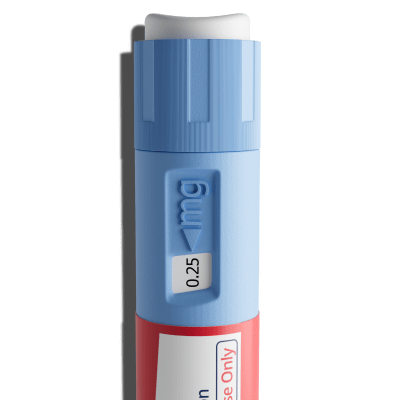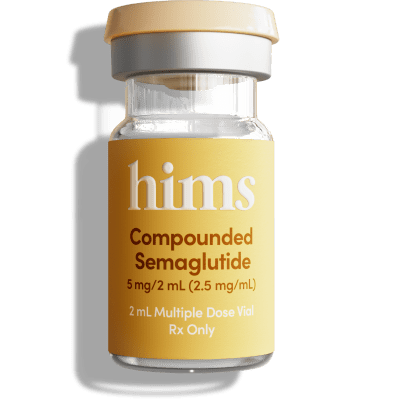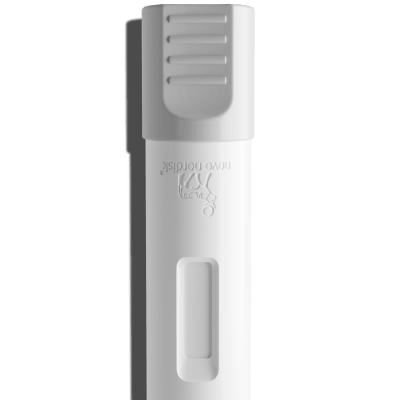Content
View weight loss medications
Are Dads Redefining the "Dad Bod?" New Study Shows Dads Are Feeling Fitter than Ever
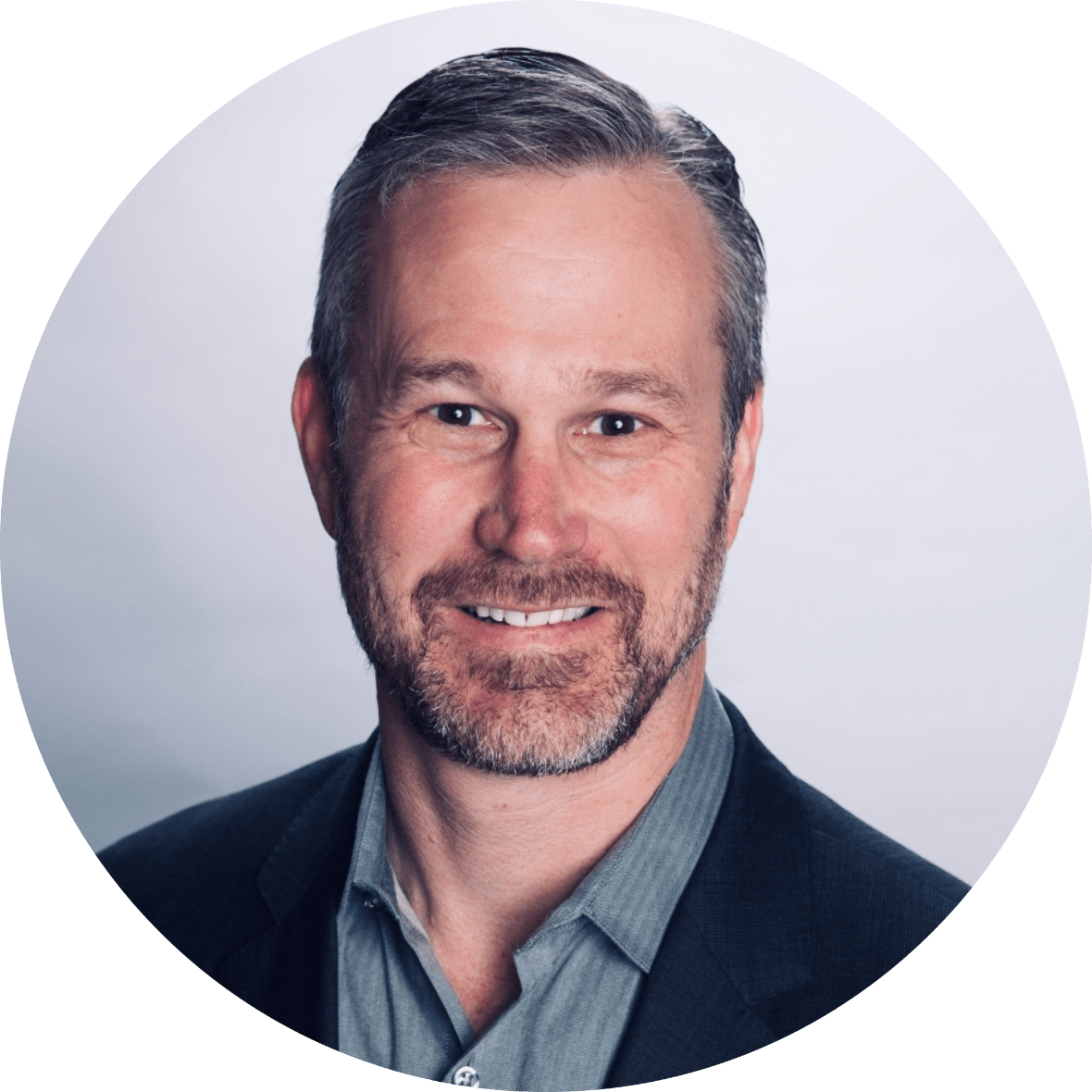
Reviewed by Craig Primack, MD, FACP, FAAP, FOMA
Written by Melissa Lavigne-Delville
Published 06/11/2024
Dads are feeling fitter than ever, according to a study conducted by Hims & Hers. Nearly half of surveyed dads (44%) say their weight has improved in the past three years as compared to 38% of surveyed non-dads (male respondents who are not parents) who report the same.
Furthermore, an equal 44% of surveyed dads say their looks have improved, compared to 37% of non-dads; and 45% of dads say their overall health has improved, compared to 39% of non-dads.
89% of surveyed dads are happy with their body vs. 84% of surveyed non-dads
Content
So, what are dads doing to shed the “dad bod” label? For one thing, they are investing more in weight loss. Surveyed dads report investing 2X more than surveyed non-dads in weight loss each year, with dads spending $980 and non-dads spending $433 annually. Dads are also spending more than surveyed moms, who report they’ve spent $463 in the past year on weight loss products and services.
Here’s a look at what surveyed dads have done in the past, or are doing currently, to stay fit.
74% of dads have purchased products from a telehealth company to lose weight vs. 52% of non-dads
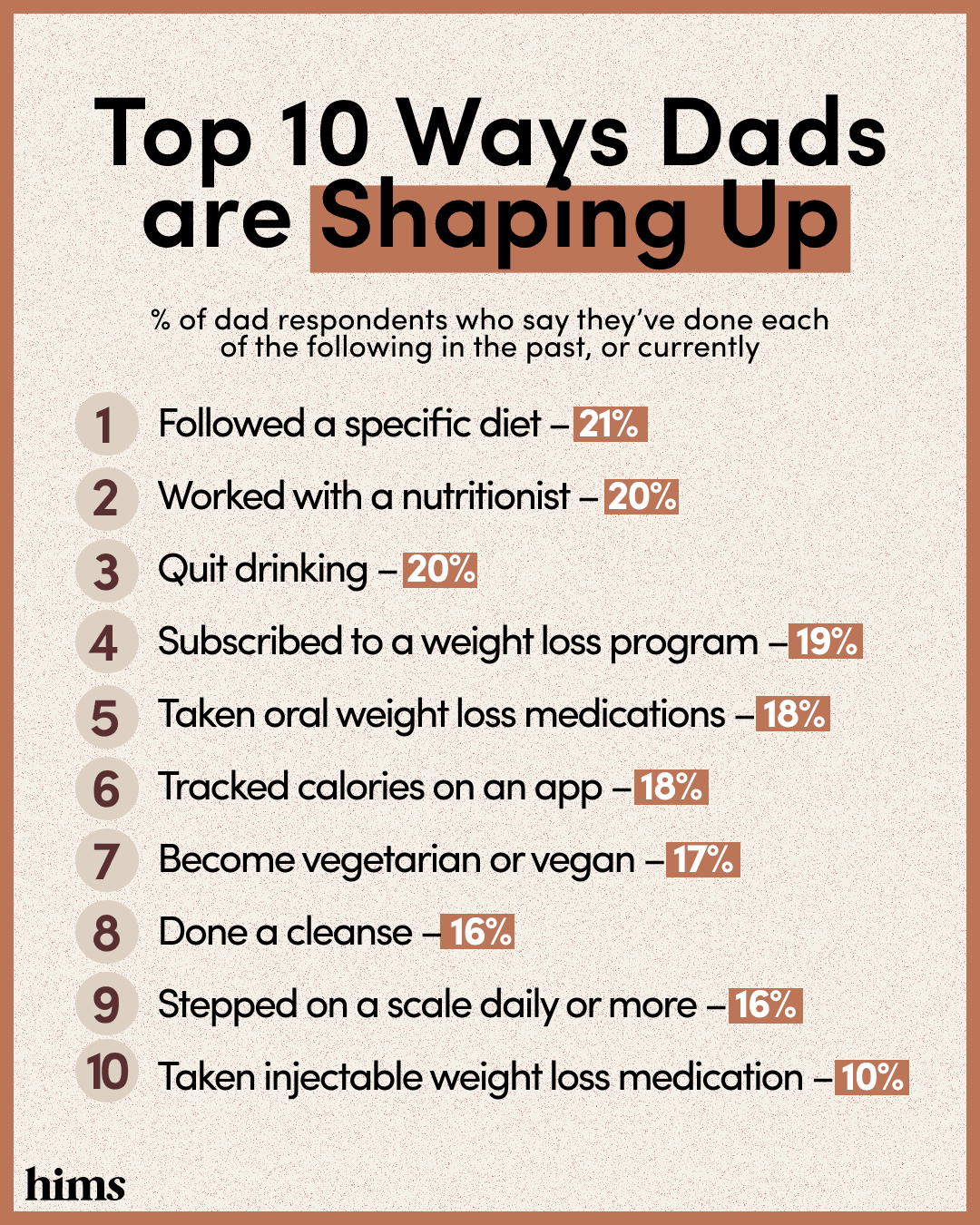
% of survey respondents who say they’ve done each of the following in the past, or currently
Dads | Non-Dads | Moms | Non-Moms | |
|---|---|---|---|---|
Followed a specific diet | 21% | 15% | 16% | 15% |
Worked with a nutritionist | 20% | 14% | 12% | 10% |
Quit drinking | 20% | 18% | 18% | 13% |
Subscribed to a weight loss program | 19% | 10% | 15% | 10% |
Taken oral weight loss medications | 18% | 13% | 15% | 10% |
Tracked calories on an app | 18% | 17% | 18% | 20% |
Become vegetarian or vegan | 17% | 13% | 11% | 8% |
Done a cleanse | 16% | 13% | 14% | 12% |
Stepped on a scale daily or more | 16% | 14% | 15% | 15% |
Taken injectable weight loss medication | 10% | 10% | 9% | 7% |
This seems to be having a halo effect on their sex lives: 42% of surveyed dads say sex has gotten better for them vs. 36% of surveyed non-dads who report the same. What’s more: Dads are more likely than non-dads to describe themselves as attractive (71% vs. 65%), healthy (72% vs. 66%), youthful (64% vs. 55%), and sexual (64% vs. 57%).*
Their positive self-perception seems to have had a positive impact on their overall confidence, too: 77% of surveyed dads describe themselves as confident vs. 70% of surveyed non-dads (see full list of feel-good attributes below).
*Dads Over Index on Feel-Good Attributes
% of survey respondents who rate themselves as a 4 or 5 for each of the following attributes on a 5-point scale
Dads | Non-Dads | Moms | Non-Moms | |
|---|---|---|---|---|
Confident | 77% | 70% | 58% | 52% |
Healthy | 72% | 66% | 56% | 49% |
Attractive | 71% | 65% | 56% | 49% |
Sexual | 64% | 57% | 46% | 39% |
Youthful | 64% | 55% | 45% | 41% |
10 Perfect Ways to Start Dad’s Day
Just because dads are feeling fitter and more confident doesn’t mean they don’t have a soft side. A simple “I love you” from their significant others tops dads’ list of what would make their morning. Surveyed dads ranked “My partner saying I love you” as number one on a list of what would be the best start to their day.
Surveyed moms, on the other hand, just want some R&R. One-third of moms (33%) said the perfect morning starts with a good night’s sleep, as compared to just one-fifth of dads (20%).
Rounding out dads’ top three ways to start their morning were “A good cup of coffee” (22%) and “Great morning sex” (21%).
Also notable: Dads were nearly 2X more likely than moms to say they’d love to start their day with an inspiring idea (14% vs. 8%), and they were also more likely than moms to prioritize a moment to mediate (15% vs. 11%). See full list below.
Q: Pick the three things that would create the perfect start to your day.
Dads | Non-Dads | Moms | Non-Moms | |
|---|---|---|---|---|
My partner saying, “I love you” | 23% | 20% | 20% | 21% |
A good cup of coffee | 22% | 23% | 25% | 29% |
Great morning sex | 21% | 21% | 16% | 14% |
A good night’s sleep | 20% | 28% | 33% | 37% |
Sunshine | 17% | 18% | 19% | 23% |
A good workout | 16% | 16% | 13% | 11% |
Great sex the previous night | 15% | 18% | 13% | 10% |
Time to meditate | 15% | 12% | 11% | 12% |
Weighing less | 14% | 11% | 16% | 18% |
An inspiring idea | 14% | 14% | 8% | 10% |
Dads’ softer side popped up in other places in our study. When asked what they prioritize more in life, romance or sleep, surveyed fathers chose romance (54%) over sleep (46%)—whereas moms chose sleep (57%) over romance (43%). This need for a little TLC seems to be specific to dads: non-dads also prioritized sleep (56%) over romance (44%).
Data & Methodology
This study is based on a 5,504-person online survey, which included 5,000 18-to-65-year-old respondents in the top 50 metropolitan areas (100 respondents per city) and a nationally representative sample of 504 18-to-65-year-old respondents to contextualize results. The study was fielded in May 2024.
Findings were analyzed by more than 100 demographic and psychographic cuts, including city, region, gender (when we refer to “women” and “men,” we include all people who self-identify as such), age, race and ethnicity, relationship status, parenting status, sexual orientation (heterosexual, bisexual, gay, lesbian, pansexual, asexual, queer, etc.), and political affiliation, among other areas of interest.
All data in this study are from this source, unless otherwise noted. Independent research firm, Culture Co-op, conducted and analyzed research and findings.
*Percentage of dads and non-dads who rated themselves as a 4 or 5 on a 5-point scale for each attribute.
Tips to Improve Your Health
If you’re thinking about starting a health journey, there are research-backed things you can do to help get started.
Eat a balanced diet. Experts recommend a healthy eating approach focused on whole foods and portion control. And remember to be flexible with yourself, which will help you better adhere to your plan to make lasting change.
Focus on movement. When it comes to workouts for men, the most important thing is that you’re incorporating more movement into your routine. Experts recommend getting at least 150 minutes of moderate-intensity or 75 minutes of vigorous-intensity aerobic exercise a week for overall health.
Get enough sleep. According to the Centers for Disease Control (CDC), you should aim to get at least seven hours of sleep each night, though the necessary amount of sleep can vary from person to person. If you haven’t been sleeping great, here are a few tips to recover from sleep debt and start sleeping better.
Talk to your healthcare provider about medication options. On average, people who take medications as part of a weight management plan lose up to 12 percent more of their starting body weight compared to people who don’t. If you’re curious about medications for weight loss, talk to a healthcare provider to explore your options.
Questions about our study? Contact us at press@forhims.com.
5 Sources
- Celik, O., & Yildiz, B. O. (2021). Obesity and physical exercise. Minerva endocrinology, 46(2), 131–144. https://doi.org/10.23736/S2724-6507.20.03361-1
- Dietary Guidelines for Americans, 2020-2025. USDA. Available from: https://www.dietaryguidelines.gov/sites/default/files/2020-12/Dietary_Guidelines_for_Americans_2020-2025.pdf
- Johnston BC, Kanters S, Bandayrel K, et al. Comparison of Weight Loss Among Named Diet Programs in Overweight and Obese Adults: A Meta-analysis. JAMA. 2014;312(9):923–933. doi:10.1001/jama.2014.10397. https://jamanetwork.com/journals/jama/fullarticle/1900510
- How Much Sleep Do I Need? | CDC. (n.d.). Centers for Disease Control and Prevention. Retrieved from https://www.cdc.gov/sleep/about/
- Prescription Medications to Treat Overweight & Obesity - NIDDK. (2021, June 23). National Institute of Diabetes and Digestive and Kidney Diseases. Retrieved from https://www.niddk.nih.gov/health-information/weight-management/prescription-medications-treat-overweight-obesity
Editorial Standards
Hims & Hers has strict sourcing guidelines to ensure our content is accurate and current. We rely on peer-reviewed studies, academic research institutions, and medical associations. We strive to use primary sources and refrain from using tertiary references. See a mistake? Let us know at blog@forhims.com!
This article is for informational purposes only and does not constitute medical advice. The information contained herein is not a substitute for and should never be relied upon for professional medical advice. Always talk to your doctor about the risks and benefits of any treatment. Learn more about our editorial standards here.
Craig Primack, MD, FACP, FAAP, FOMA
Dr. Craig Primack MD, FACP, FAAP, FOMA is a physician specializing in obesity medicine.
He completed his undergraduate studies at the University of Illinois and subsequently attended medical school at Loyola University — The Stritch School of Medicine.
He completed a combined residency in Internal Medicine and in Pediatrics at Banner University- Phoenix, and Phoenix Children's Hospital. He received post-residency training in Obesity Medicine and is one of about 7,000 physicians in the U.S. certified by the American Board of Obesity Medicine.
In 2006, Dr. Primack co-founded Scottdale Weight Loss Center in Scottsdale, Arizona, where he began practicing full-time obesity medicine. Scottsdale Weight Loss Center has grown since then to six obesity medicine clinicians in four locations around the greater Phoenix Metropolitan area.
From 2019–2021, he served as president of the Obesity Medicine Association (OMA), a society of over 5,000 clinicians dedicated to clinical obesity medicine. He has been on the OMA board since 2010, currently serving as ex-officio trustee.
Dr. Primack routinely does media interviews regarding weight loss and regularly speaks around the country educating medical professionals about weight loss and obesity care. He is co-author of the book, “Chasing Diets.”
Publications
Bays, H., Lazarus, E., Primack, C., & Fitch, A. (2022). Obesity pillars roundtable: Phentermine — Past, present, and future. Obesity Pillars, 3, 100024. https://www.sciencedirect.com/science/article/pii/S2667368122000158
Primack C. (2021). Obesity and Sleep. The Nursing clinics of North America, 56(4), 565–572. https://www.sciencedirect.com/science/article/abs/pii/S002964652100075X?via%3Dihub
Primack C. (2018). A review and critique of published real-world weight management program studies. Postgraduate medicine, 130(6), 548–560. https://www.tandfonline.com/doi/abs/10.1080/00325481.2018.1498280
Swanson, E., & Primack, C. (2017). Behavior Modification: A Patient and Physician's Perspective. Advances in therapy, 34(3), 765–769. https://www.ncbi.nlm.nih.gov/pmc/articles/PMC5350202/
Primack, C. (2012). Two New Drugs Approved for Weight Loss Treatment. Bariatric Times, 9(8), 11. https://bariatrictimes.com/two-new-drugs-approved-for-weight-loss-treatment/


